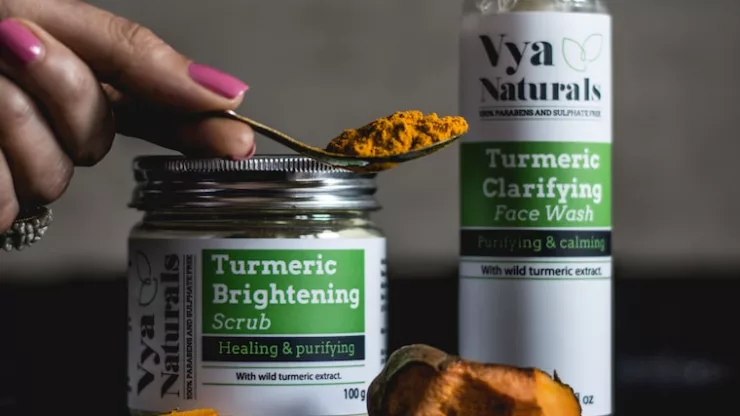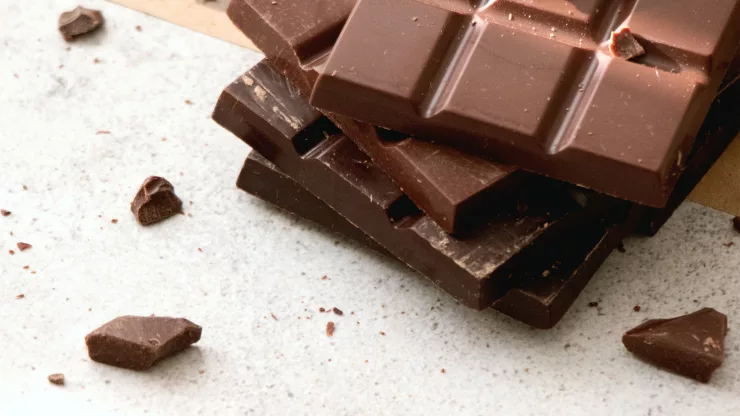Olive Oil’s Health Benefits and Versatile Uses
Olive oil has been a staple in Mediterranean cuisine for centuries. However, it has gained popularity in recent years due to its numerous health benefits and versatile uses.
In this article, we will explore the nutritional value of olive oil, its various health benefits, the different ways to use it, the types of olive oil available, tips for choosing and storing it, and more.
Jump to Section
The Popularity of Olive Oil
Olive oil is produced by pressing olives, and it is widely used in cooking, salad dressings, and skincare products. It is a rich source of healthy fats, antioxidants, and vitamins, making it a popular choice for those looking to lead a healthy lifestyle.
The Nutritional Value of Olive Oil
Olive oil contains monounsaturated fatty acids that can help lower bad cholesterol levels, reduce the risk of heart disease and stroke, and improve insulin sensitivity. It is also a good source of vitamin E, which is an antioxidant that protects the body from damage caused by free radicals.
The Health Benefits of Olive Oil
Lowering the Risk of Heart Disease
Olive oil is rich in polyphenols, which are compounds that have been shown to reduce inflammation in the body and lower the risk of heart disease. Additionally, the monounsaturated fats in olive oil can help improve blood cholesterol levels, reducing the risk of heart disease and stroke.
Reducing Inflammation in the Body
Olive oil contains oleic acid, a monounsaturated fatty acid that has anti-inflammatory properties. This can help reduce inflammation in the body, which is a common factor in many chronic diseases such as arthritis, cancer, and diabetes.
Supporting Brain Health
Studies have shown that olive oil consumption can improve cognitive function and reduce the risk of neurodegenerative diseases such as Alzheimer’s and Parkinson’s disease. Olive oil contains oleocanthal, a compound that has been shown to protect against the buildup of beta-amyloid plaques, which are associated with Alzheimer’s disease.
Promoting Digestive Health
Olive oil is a natural laxative that can help promote digestive health and prevent constipation. It also contains phenolic compounds that have been shown to have anti-inflammatory effects on the digestive system, reducing the risk of digestive disorders.
Boosting Immunity
Olive oil contains antioxidants such as vitamin E and polyphenols that can help boost the immune system and protect against infections and diseases. These antioxidants also help protect against oxidative stress, which can damage cells and lead to chronic diseases.
Different Uses of Olive Oil
As a Cooking Oil
Olive oil is a healthy cooking oil that can be used in a variety of dishes, from sautéing vegetables to frying chicken. Its high smoke point makes it a great choice for high-heat cooking, and its mild flavor makes it a versatile ingredient in any kitchen.
As a Salad Dressing
Olive oil is a delicious and healthy addition to any salad. It can be combined with vinegar, lemon juice, or other seasonings to create a flavorful dressing that is both healthy and nutritious.
As a Skincare Product
Olive oil is a natural moisturizer that can be used to hydrate and nourish the skin. It contains antioxidants and vitamins that help protect against environmental damage and premature aging, making it a popular ingredient in many skincare products.
In Hair Care
Olive oil can be used to moisturize and nourish the hair, promoting healthy hair growth and preventing split ends. It can be applied directly to the hair as a conditioning treatment or added to a homemade hair mask for an extra boost of hydration.
In Household Cleaning
Olive oil can be used to clean and polish household items such as furniture, silverware, and leather. Its natural moisturizing properties make it an effective cleaner that can leave surfaces looking shiny and new.
Types of Olive Oil
Extra Virgin Olive Oil
Extra virgin olive oil is the highest quality olive oil available. It is made from pure, cold-pressed olives and has a fruity taste and aroma.
It is also the most expensive type of olive oil.
Virgin Olive Oil
Virgin olive oil is made from olives that are slightly riper than those used to make extra virgin olive oil. It has a milder taste and aroma than extra virgin olive oil and is also less expensive.
Refined Olive Oil
Refined olive oil is made from low-quality olives that are treated with chemicals to remove any defects. It has a mild taste and aroma and is often blended with virgin olive oil to create a more affordable product.
Pomace Olive Oil
Pomace olive oil is made from the leftover pulp and seeds of olives after they have been pressed for their oil. It is the lowest quality olive oil available and is often used for industrial purposes.
Choosing and Storing Olive Oil
Tips for Choosing Olive Oil
When choosing olive oil, look for brands that use high-quality olives, have a date of harvest on the label, and have been certified by reputable organizations. It is also important to choose the right type of olive oil for the dish you are cooking.
How to Store Olive Oil
To keep olive oil fresh, store it in a cool, dark place away from heat and light. It is also important to keep the bottle tightly sealed to prevent the oil from oxidizing and going rancid.
Recap of Olive Oil’s Health Benefits
Olive oil is a healthy and nutritious cooking oil that has numerous health benefits. It can lower the risk of heart disease, reduce inflammation in the body, support brain and digestive health, boost immunity, and more.
It is also a versatile ingredient that can be used in cooking, salad dressings, skincare products, hair care, and household cleaning.
Final Thoughts on Olive Oil
Olive oil is a healthy and delicious addition to any diet. By incorporating it into your cooking, skincare routine, and household cleaning, you can reap the many health benefits of this versatile oil.
FAQ
Is olive oil good for weight loss?
Yes, olive oil can be beneficial for weight loss when used in moderation as part of a healthy diet. Its monounsaturated fatty acids can help reduce appetite and promote feelings of fullness, leading to decreased calorie intake.
Can olive oil be used as a natural sunscreen?
While olive oil does have some UV protection properties, it is not recommended as a natural sunscreen. It is best to use a sunscreen product specifically designed for sun protection.
Can olive oil be used to treat acne?
Olive oil can be used as a natural moisturizer for the skin, but it is not recommended for treating acne. It can actually clog pores and make acne worse.
It is best to use acne-specific skincare products that are designed to treat and prevent acne.

With a deep passion for personal development, Ben has dedicated his career to inspiring and guiding others on their journey towards self-improvement.
His love for learning and sharing knowledge about personal growth strategies, mindfulness, and goal-setting principles has led him to create My Virtual Life Coach.
Contact Ben at [email protected] for assistance.




